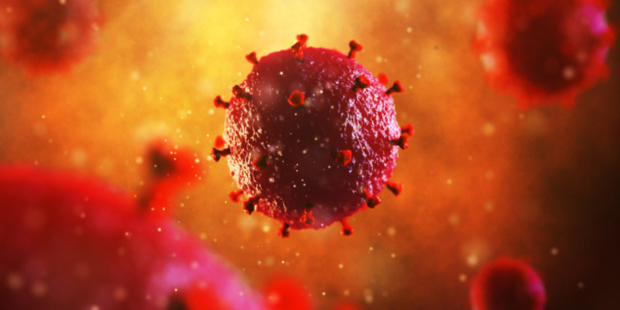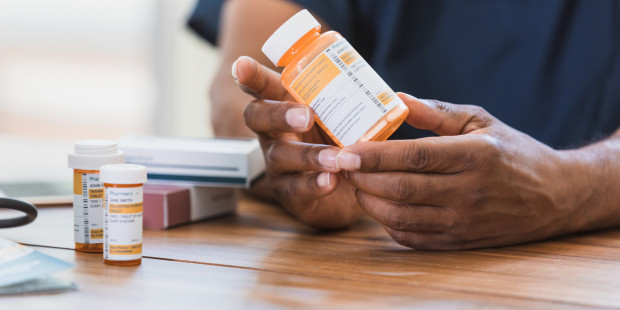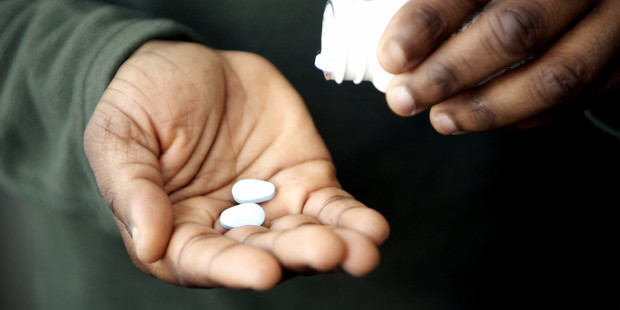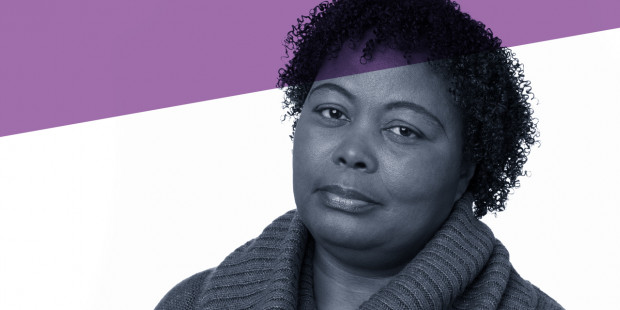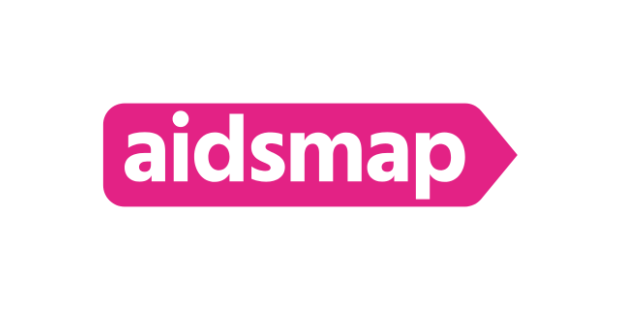When to start HIV treatment
You should start taking HIV treatment as soon as you're diagnosed.
The advantages of taking HIV treatment:
- Once your viral load is undetectable, you cannot pass on HIV to partners. (It might take up to six months on treatment to become undetectable.)
- You may have less illness, if HIV has been making you ill.
- The treatment will stop HIV from reproducing in your body.
- Your immune system will get stronger.
What will happen if I don’t take HIV treatment?
Without treatment, nearly everyone with HIV becomes ill.
If you're not on effective HIV treatment, the virus can attack and weaken your immune system (the body’s natural defense against infections).
Over time, when HIV has done a lot of damage to your immune system, you're likely to become vulnerable to infections that you would otherwise have been able to fight off.
HIV also causes inflammation in various parts of the body. This can increase the risk of a number of illnesses: cardiovascular disease (for example, heart attack and stroke), kidney or liver problems and some cancers.
The damage that HIV causes happens slowly, often over a number of years.
Treatment protects you. A person with HIV who is taking treatment and has an undetectable viral load cannot pass on HIV and can expect to live a normal lifespan.
What happens if I delay starting HIV treatment?
In the past people could delay treatment if they weren’t ready to start. However, this isn’t recommended now. If you have HIV, the sooner you start treatment, the better it is for your health.
The START trial found that there was a 53% reduction in the risk of death or serious illness if treatment was started when the CD4 count (a measure of the strength of your immune system) was still above 500.
It’s common for people to feel apprehensive about taking treatment but all you need to remember is that:
- It will enable you to live a normal lifespan.
- When you're on effective treatment (meaning you have been taking it as prescribed for at least six months and are undetectable) you won't be able to pass on HIV.
Starting HIV medication while you’re in full-time work
When starting HIV treatment, talk to your doctor and make sure you understand how and when you should be taking your medication, whether it should be taken with food and where to store it.
One important thing to consider is how you’ll deal with side effects like dizziness or feeling tired, especially if your medication kicks in while you’re at work.
This can be especially dangerous if you drive for work, do shift work, take care of others or operate machinery. It can also put you in an uncomfortable position if your co-workers don’t know about your HIV status.
Ask your doctor if the treatment prescribed to you is likely to cause side effects. Just to be safe, take a few days off work as you begin your treatment. If your employer knows about your HIV status, they will be obliged to help adjust your work to treatment.


